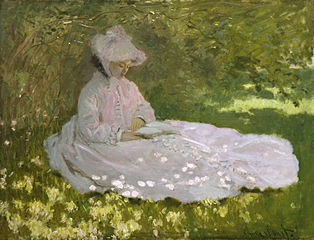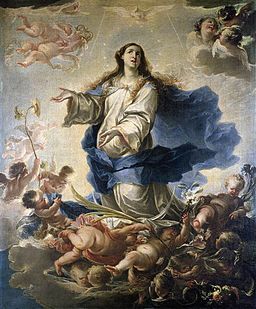Imprinted Life discussion
Diego the Red. Guadalupe Rivera Marín
date newest »
newest »
 newest »
newest »
 Besides this book, the site http://www.diego-rivera.com/ has several pages for exploration about Diego Rivera's life and artworks.
Besides this book, the site http://www.diego-rivera.com/ has several pages for exploration about Diego Rivera's life and artworks.
 The title of this book *Red" might pick up on the influence of international liberal philosophies (communism, socialism) on Rivera's youth via his father and some of his teachers' radical liberalism, according to the story. By thirteen years of age, he staunchly defended his desire for an artist's career contrary to his parents' determinedly seeking a military or an ecclesiastical career for him. He expressed egalitarian sympathies particularly for Indians and for starving, impoverished miners in the sharply divided Mexican society whose leaders encouraged outsider investment in Mexico's natural resources.
The title of this book *Red" might pick up on the influence of international liberal philosophies (communism, socialism) on Rivera's youth via his father and some of his teachers' radical liberalism, according to the story. By thirteen years of age, he staunchly defended his desire for an artist's career contrary to his parents' determinedly seeking a military or an ecclesiastical career for him. He expressed egalitarian sympathies particularly for Indians and for starving, impoverished miners in the sharply divided Mexican society whose leaders encouraged outsider investment in Mexico's natural resources.
 From childhood, Diego Rivera did not want his mother or father's choices of career. Wending a way so as not to insult either parent in their choices of church or military respectively for their son, he gained his choice of artist, at times taking regular evening art classes on the sly. His first teachers taught only the Spanish academic style of painting and drawing. But, he and his classmates admired the trendy French impressionists. Diego eventually won a scholarship for study in Madrid, later finding his way to Paris.
From childhood, Diego Rivera did not want his mother or father's choices of career. Wending a way so as not to insult either parent in their choices of church or military respectively for their son, he gained his choice of artist, at times taking regular evening art classes on the sly. His first teachers taught only the Spanish academic style of painting and drawing. But, he and his classmates admired the trendy French impressionists. Diego eventually won a scholarship for study in Madrid, later finding his way to Paris. 
Claude Monet (1840–1926). "Springtime" (1872)

Francisco de Solís (1620–1684). "Immaculate Conception" (1682)
Books mentioned in this topic
Diego Rivera the Red (other topics)The Divine Comedy: Inferno - Purgatorio - Paradiso (other topics)
Authors mentioned in this topic
Guadalupe Rivera Marín (other topics)Dick Gerdes (other topics)
Dante Alighieri (other topics)



Dr Diego and Dieguito visit La Valenciana silver mine, part of the family's assets. There the men view the mine operations--from the rock crusher rotated by a mule to the beehive-like tunneling at the mother lode. Although the mine is progressive for its day, it is evident that the pain and suffering it causes to the miners is reminiscent to the Inferno of The Divine Comedy by Dante Alighieri...